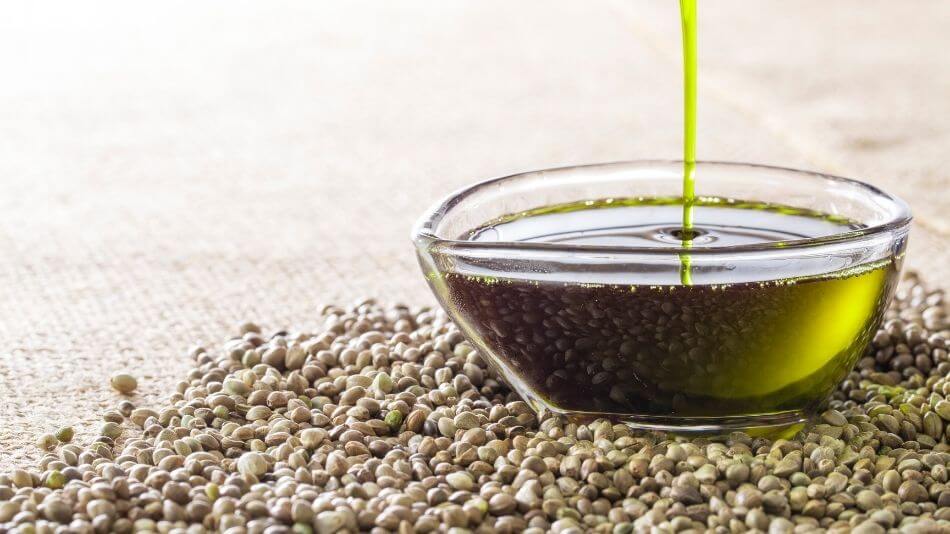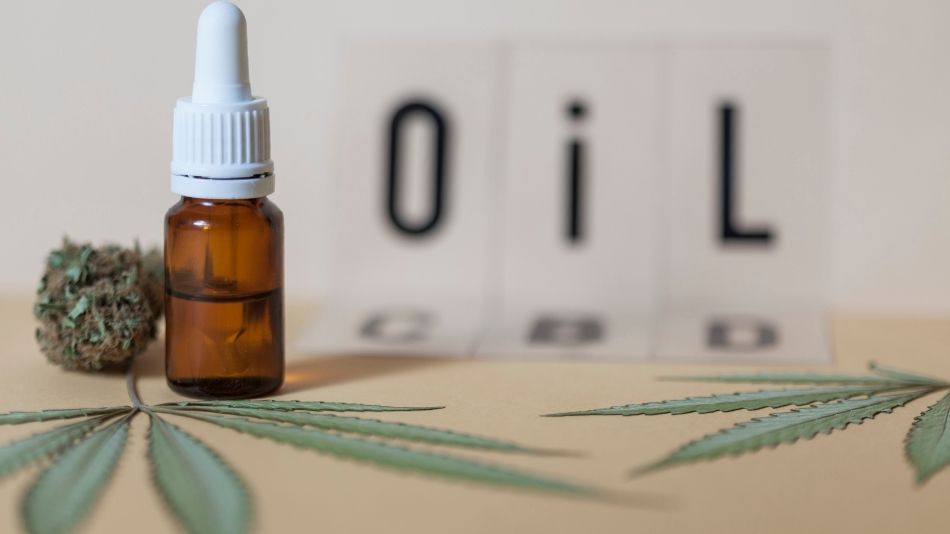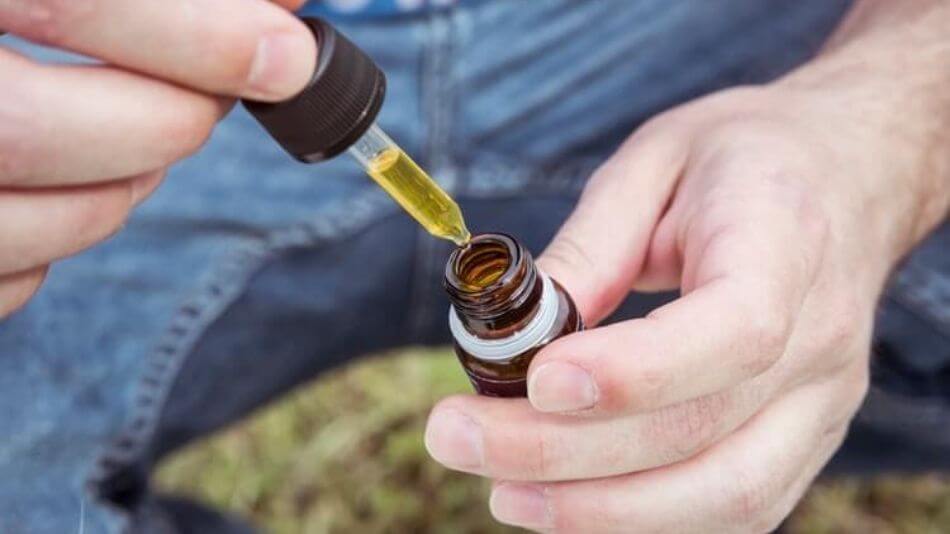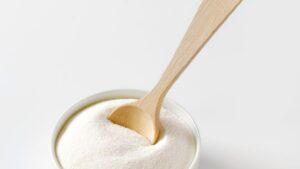Both CBD oil and hemp oil come from hemp plants, but they have very different benefits and potential effects on the body. How is that possible? Which is best?
Hemp-derived CBD oil and hemp seed oil do both come from hemp plants, but different parts of the plant matter is utilized for each product. As a result, different levels of cannabinoids and terpenes are present in each oil; the experience a user has, therefore, will differ between the two.
As hemp-derived substances see a skyrocket in popularity and availability in mainstream markets, many people who are investigating the purported benefits of both might come across a stumbling block when bombarded with similar terms like “hemp oil,” “CBD oil,” and “CBD extract”. This can be especially confusing given the fact that they come from similar sources, and are often used in similar ways.
Thankfully, there are distinct differences that can help you determine if hemp oil or CBD oil is right for you.
Is Hemp Oil and CBD Oil the Same Thing?
No, hemp oil and CBD oil are not the same product. Although many people confuse the terms and use “hemp oil” to describe hemp-derived CBD oil, the contents of each product are different.
Hemp oil and CBD oil are both from the same plant and are used for a variety of medicinal purposes in health fields, but they still have key distinguishing factors that influence when and why they can be beneficial.
What is CBD Oil?
CBD oil is a concentrated product generally derived from hemp plants; it contains high levels of CBD and, in some cases, terpenes or other beneficial cannabinoids.
Cannabinoids, including CBD, have the potential to directly interact with and influence bodily responses. CBD, or cannabidiol, is a compound derived from the cannabis plant that produces a relaxing effect. It’s often used for pain relief or as a non-pharmaceutical treatment for anxiety.
The sale of CBD oil is loosely regulated by differing standards between states and is classed similarly alongside THC products, as the process for harvesting CBD can create different products with varying levels of THC in them. CBD is not a psychoactive substance, unlike THC, and it is also non-habit forming.
CBD is frequently harvested from hemp, although it can also be extracted from marijuana, and it can come from any part of the plant.
What is Hemp Oil?
Hemp seed oil is a nutritional oil that is derived from the seeds of the cannabis plant.
It contains no CBD or THC, and is frequently ingested for health benefits or applied to the skin in cosmetic usages. It is not federally regulated and is classed completely differently from CBD and THC-containing products.
It is not psychoactive nor is it habit-forming (in the same way that olive oil is not psychoactive or habit-forming).
Hemp seed oil is only harvested from the hemp plant, and its seeds must be cold pressed to extract any oil.

What percentage of CBD is in hemp oil?
Generally, there is very little to no CBD in hemp oil. This is because hemp oil is created with different parts of the plant than hemp-derived CBD products are.
Hemp seed oil, as the name suggests, is a concentrated product made from the seeds of the Cannabis sativa plant (hemp plant).
Though it may not share the same makeup as oil collected from CBD-rich buds, stems, and stalks, hemp oil contains a great deal of beneficial vitamins and nutrients that can improve mental or physical health.
If you’re looking to use a product with CBD, steer clear of oils labelled as simply “hemp oil” or “hemp seed oil,” as these options won’t contain enough CBD to make a real difference. Instead, opt for CBD oils labeled as such.
Don’t let the words “hemp-derived CBD” mislead you either, as they simply confirm that the CBD in your product comes from hemp rather than marijuana, its illegal counterpart.
What is Hemp Oil Good For?
Hemp oil contains essential fatty acids, antioxidants, and other nutrients that can act sort of like supplements to keep the body functional and healthy.
Because hemp oil doesn’t produce any sort of noteworthy effects the way CBD or THC might, it’s generally not used for recreational purposes. Instead, many individuals turn to hemp oil as a natural way to help the body perform at its best.
Research into the benefits of hemp oil is lacking overall, and so far there’s not much hard evidence to suggest that hemp oil can significantly influence health or health symptoms.
Still, loyal hemp oil users swear by its potential abilities, including:
- Managing cholesterol levels
- Improving skin
- Improving or treating gastrointestinal conditions
- Protecting the immune system
What is CBD Oil Good For?
Unlike hemp oil, CBD oil does contain noteworthy levels of CBD alongside terpenes and, in some cases, trace amounts of other cannabinoids like THC.
Because CBD oil actually contains cannabinoids, the active components of cannabis plants that interact with the body, it can produce therapeutic effects and act almost like a medication.
CBD’s anti-inflammatory properties make it a great choice for managing chronic pain, inflammation, and swelling.
Aside from managing pain, CBD oil may also:
- Reduce anxiety.
- Create feelings of relaxation and peace.
- Cause feelings of euphoria.
- Increase appetite.
- Promote a balanced, positive mood.
- Combat insomnia.
Because of its vast mental and physical benefits, CBD is frequently used as a real treatment for a variety of conditions. Preliminary research even suggests that CBD may become a more mainstream, medically-supported medication option in the future, particularly for inflammatory ailments.

Hemp Oil vs. CBD Oil for Pain
As discussed, CBD is often touted as a treatment for physical pain, whether chronic or acute.
Research seems to demonstrate that CBD creates an anti-inflammatory effect inside the body, which helps it to curb a variety of types of chronic pains, including cancer pains, neuropathic pains, fibromyalgia, migraine, and arthritis.
It has also been associated with a lessening of chemotherapy side effects, and when combined with THC, it’s thought to have exceptional pain relief benefits.
CBD poses little to no threat to users when used for topical or ingested pain relief, though it can come with some undesirable side effects for some users, such as fatigue and stomach issues.
Hemp seed oil is not thought to have any analgesic effect, though its use has been associated with improved cardiovascular health and nutritional benefits. It is thought to potentially serve as an antioxidant, which can help to ward away unwanted health conditions.
Hemp Oil vs. CBD Oil for Anxiety
CBD can provide a host of benefits for some individuals who experience anxiety.
While the research is still somewhat new, it is thought to interact with serotonin receptors, which can play a role in the body’s regulation of emotions and particularly fear responses.
For people for whom their anxiety comes from a lack of serotonin, CBD oil may be a helpful alternative to over-the-counter antianxiety medications and antidepressants.
CBD research conducted on both animal and human participants has demonstrated that CBD is an effective drug for stress relief, and that it can also function as a sleep aid for anxiety and PTSD sufferers with insomnia.
Hemp seed oil does not seem to have any unique interactions with neurochemical receptors, though it is possible that it can support brain health in a manner similar to other healthy fats.
Hemp Oil vs. CBD Oil for Pets
Some anecdotal evidence suggests that CBD can have the same benefits for dogs that it does for humans. This can include reductions in pain, nausea, cancer side effects, and anxiety.
However, CBD oil for pets can come with some small risks and side effects. It may induce low blood pressure, drowsiness, and dry mouth in some pets.
No formal studies have been conducted on adverse reactions to CBD in animals, but it’s important to moderate the amount you give your pets in order to make sure that it is alright for them. Consider starting with a smaller volume and work your way up, depending on your pet’s reaction.
Hemp seed oil is thought to have great benefits for pets, as it contains essential fatty acids that aren’t always present in a dog’s diet.
It and other oils rich in omega-6 fatty acids can build strong skin, coat, and nails, and can prevent negative inflammatory responses that may result in arthritic pain.
Many pet owners put hemp seed supplements or oil into their pets’ diet. There are no known risks for pets, but it may be helpful to consult a veterinarian to make sure it will fit into your dog’s diet.
Conclusion
While the two terms are often used interchangeably, CBD and hemp oil or hemp seed oil are not the same.
CBD is a compound associated with analgesic effects, and the processing of the compound often results in a product that contains both CBD and THC.
Hemp oil is a dietary oil that is associated with long-term physical effects that can be beneficial, but it is largely not used in a medicinal manner.
CBD can have direct benefits when it comes to treating anxiety or pain in both humans and animals. The benefits associated with the ingestion of hemp seed oil seem to be less intense and immediate, and can simply be a part of a healthier cardiovascular lifestyle.
If you believe that CBD is a compound you could benefit from incorporating into your routine, there are reputable sellers that can make the process feel much less confusing.










